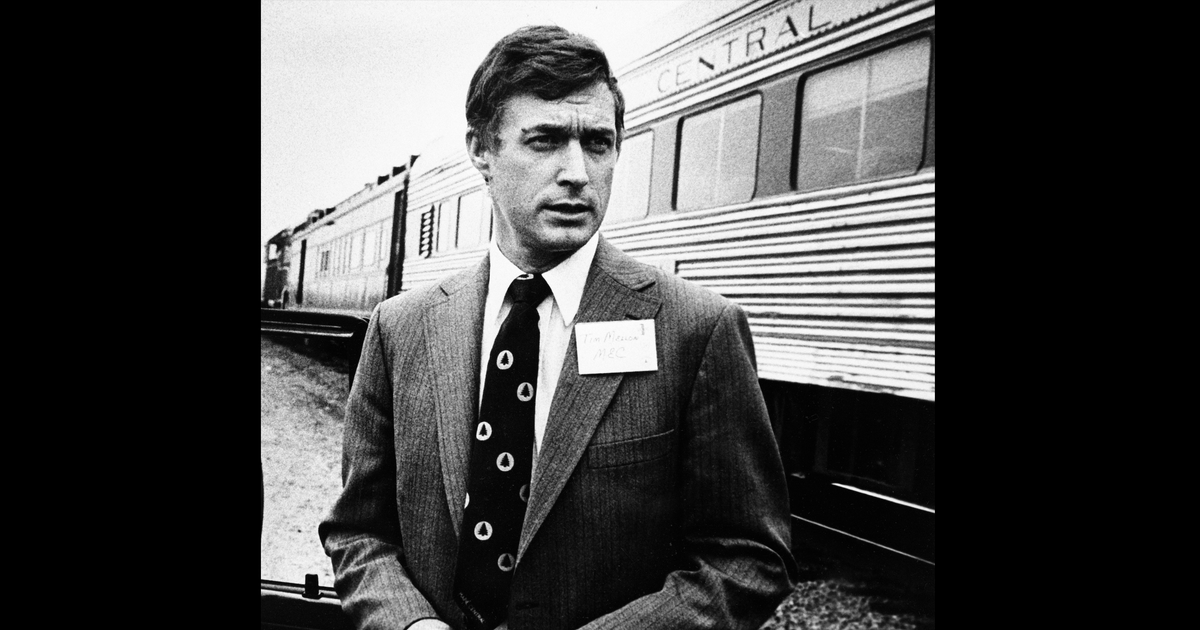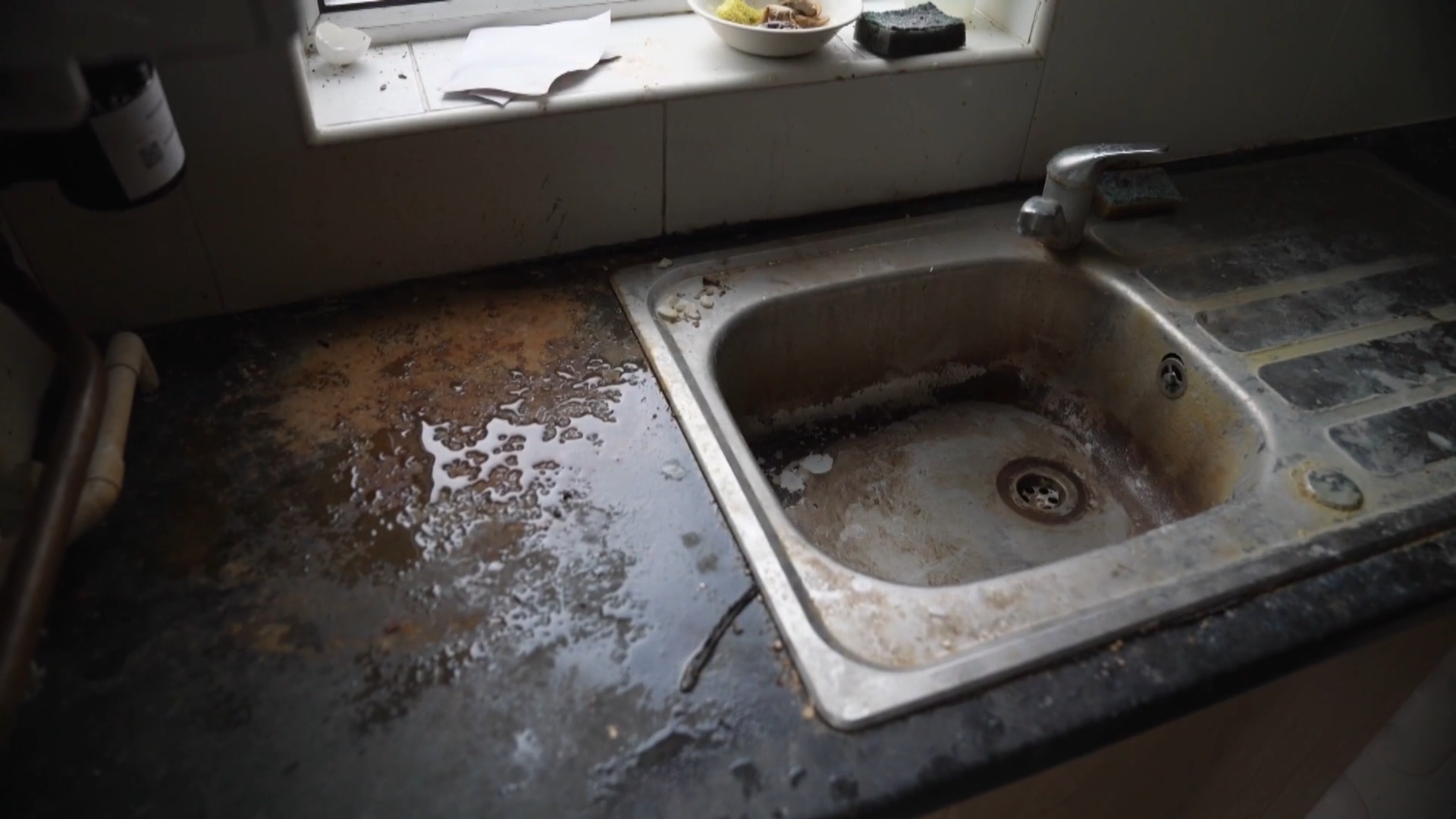Copyright GIVEMESPORT

Donald Trump’s latest 2026 World Cup threat has now raised new concerns. The US president has continued to be a leading figure around the showpiece tournament, which takes place next summer and is co-hosted by Canada, Mexico, and the USA, but his involvement so far has caused more harm than good. He told reporters last month that he could threaten to move games away from certain locations if they were “unsafe” or “doing a bad job” (watch his rant below). Before that, while taking interest in this summer’s Club World Cup campaign, he asked the Juventus squad whether a woman could play in their men’s team - an awkward remark that aimed at pushing his transgender policies. While FIFA’s contracts are with the host cities directly, rather than the US government, the World Cup organiser appeared to fall in line with President Trump when a spokesperson said in October: “Safety and security are obviously the government’s responsibility, and they decide what is in the best interest for public safety.” But what was once a passing comment and a flash-in-the-pan moment now seems to be coming back to bite the four cities Trump singled out. Trump name-checked Seattle, San Francisco, Los Angeles, and Boston as areas of concern during his presidency - all of which are set to serve as World Cup host cities, even if some matches will take place in their broader metropolitan areas. One challenge this has created for host cities involves their efforts to secure local sponsorships for the tournament. While FIFA retains exclusivity for its own sponsors at stadium venues, host cities are permitted to generate revenue through fan festivals in non-competing categories. However, several host city executives - speaking anonymously to The Athletic due to the commercial sensitivity of the matter - have voiced concerns that the ongoing uncertainty could discourage sponsor commitments. Bob Lynch, a former partnerships executive at the Brooklyn Nets and Miami Dolphins, is now founder and CEO of SponsorUnited, a global sports sponsorship intelligence platform. He warned that the political environment has the potential to place obstacles in front of deals for host cities. “It’s definitely something I’m sure brands are bringing to the table in their discussions with local governing bodies around their sponsorship deals. Having sat in that seat, there are always things that are potential threats," he said. “When you have things like that, which include the threat of leaving or pulling out, there are a couple of things that generally take place. One is that it usually slows down the decision-making process of brands at the table. They may say: ‘We need to watch and see.’ It is no different than if the economy is really struggling and people have major deals on the table or the uncertainty during Covid. So that’s a real thing. That does slow down probably conversion on sponsorship deals." Lynch continued: “In some cases, there are conversations taking place around, ‘If we’re in an agreement or we’re going to be in agreement, what are our rights to get out of this?’ Those are generally no different than what actually takes place within sports to guard against an earthquake taking place. It is to ensure brands are legally protected. “I’m sure, like anybody, they would want the noise to stop. Anybody in sponsorship on the sales side is going to want the least amount of disruption. They would want that to dissipate, because that doesn’t help them sell anything.”



